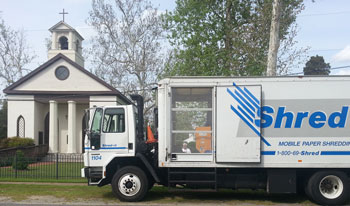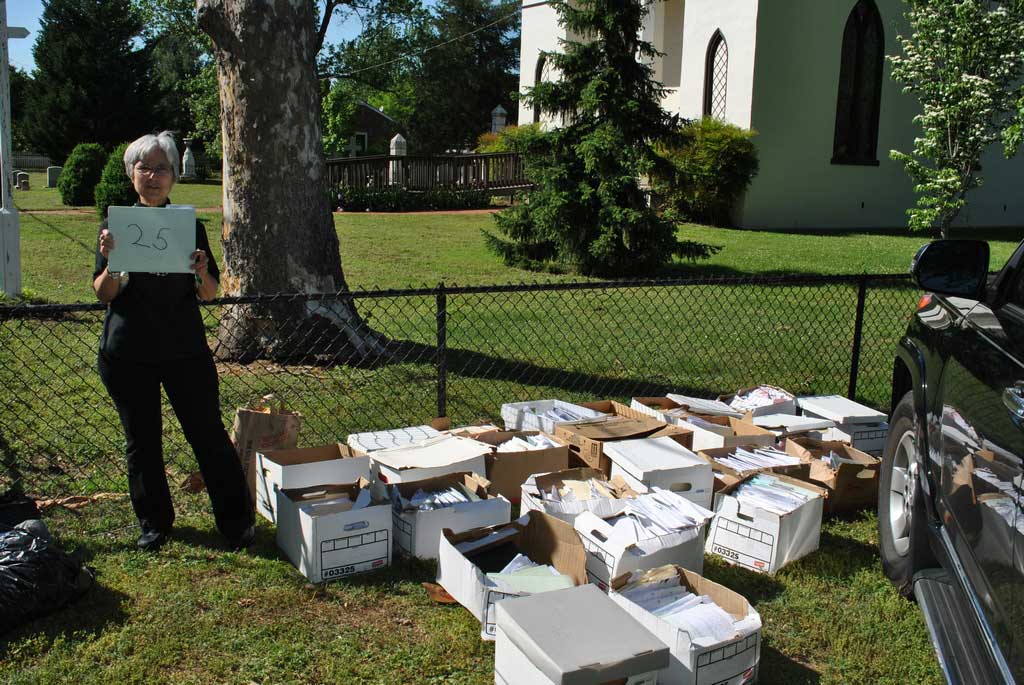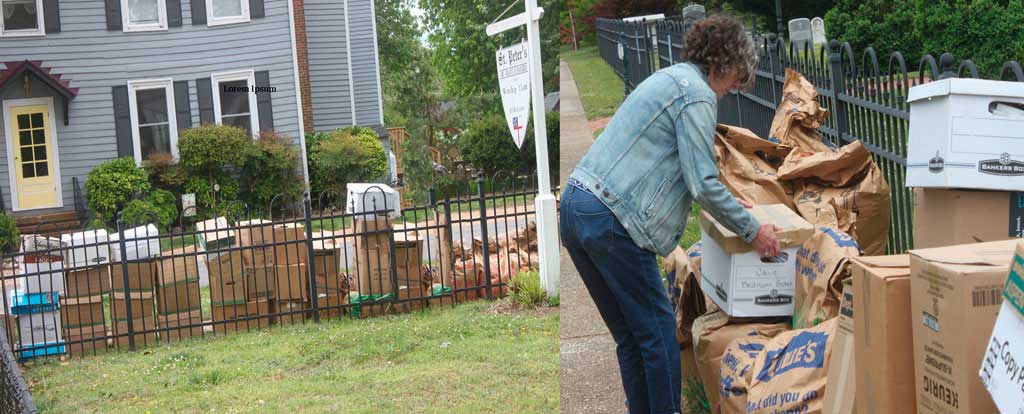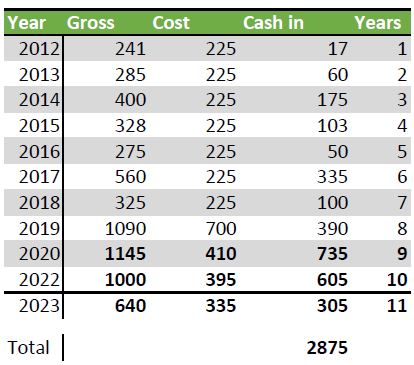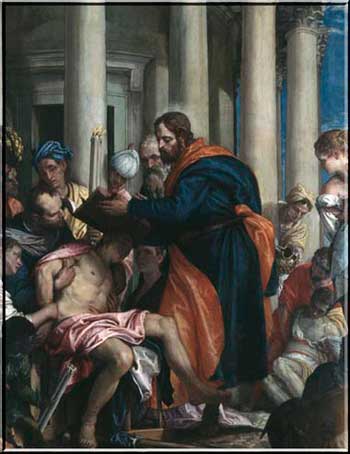
St. Barnabus Curing the Poor – Paolo Veronese.
Collect for his day -"Grant, O God, that we may follow the example of your faithful servant Barnabas, who, seeking not his own renown but the wellbeing of your Church, gave generously of his life and substance for the relief of the poor and the spread of the Gospel; through Jesus Christ our Lord, who lives and reigns with you and the Holy Spirit, one God, for ever and ever. Amen."
Who is St. Barnabus and why do we celebrate a feast day for him ?
Three reasons why Barnabas is a famous saint:
1. He was one of the most highly respected leaders in the early church. Born on the island of Cyprus (which means “copper” because of the mines there), his name was Joseph, but the apostles called him Barnabas (which means “son of encouragement”).
2. When Saul (as Paul was still known) appeared in Jerusalem after his conversion, he was spurned by the Christians he had persecuted. Yet when Barnabas “took him by the hand, and brought him to the Apostles”, and spoke up for him, Paul was immediately accepted (Acts 9:27).
He was Paul’s mentor and advocate and was the leader when he and Paul were sent off on the first missionary journey. But Paul’s personality and fervor soon dominated.
Where it had been “Barnabas and Paul”, it was now “Paul and Barnabas”. (See Acts, Chapter 13.)
3. Barnabas was so vital to the spread of the Gospel that he earned the highest accolade that any Christian can receive; “. . . . he was a good man, full of the Holy Spirit and of faith”. (Acts 11:24)
Around 49, at a council in Jerusalem, St Peter helped to carry the argument of Paul and Barnabas that Gentile Christians need not be circumcised.
It is odd, therefore, to discover Barnabas and Peter siding against Paul in refusing to eat with the Gentiles (Gal 2:13). Was this a matter of personal sympathy? The last we hear of Barnabas is of his falling out with Paul over the latter’s refusal to accept John Mark as a travelling companion.
“So sharp was their disagreement, that they separated from each other; Barnabas took Mark with him, and sailed off to Cyprus.” (Acts 15:36-40)
So Barnabas passes from the written record. Tradition holds that he preached in Alexandria and Rome, before being martyred at Salamis.






